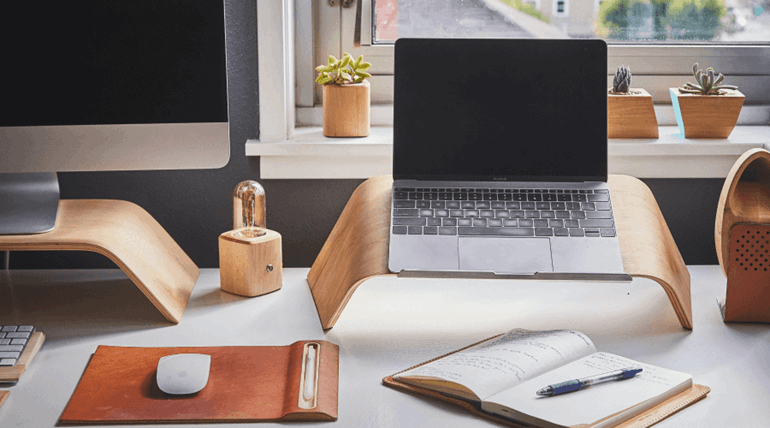10 Positive Study Habits for NCT Students

We all lead busy lives, and many students balance family/social life, working and studying. To help our students thrive in their academic lives, we have crafted a list of our top 10 positive study habits.
1. Stay organized.
Having your study materials, notes, and books organized, accessible and ready when you need them will reduce a tremendous amount of stress and worry when it comes time to study. Additionally, it’s a good idea to maintain a day planner to keep track of assignments, events, and tests. A pocket organizer or calendar app on your phone can work as well.
2. Keep a designated study area.
Choosing a dedicated and consistent study area is also a great way to stay focused. Selecting the right location is key – it could be somewhere comfortable, such as your room or somewhere free from distractions, such as the library. Whatever place you choose, try to keep that spot consistent and regular so it becomes part of your study routine.
3. Schedule your study sessions.
Creating a set schedule for your study sessions can also help with staying on task and preparing for tests and assignments. Sticking to a realistic and regular schedule will give you greater motivation to study. It can also help to start out studying with shorter time periods and extending your time as you progress.
4. Don’t procrastinate.
Procrastination is the enemy of progress. It can be easy to get distracted and push your studying to the side. To counter this, plan ahead and get things done early so you can gain a greater familiarity with the material. This will also alleviate some pressure and give you time to ask questions about concepts you may be unsure of.
5. Take advantage of our student services.
The next tip that we have for you is to take advantage of student services the best you can. The Career Services department can help you with self-assessment and planning, Library Services can help you with discover relevant resources and reading material, and the Student Success Advising team can help connect you to peer mentors and academic facilitators. In addition, keeping in contact with your instructors is also beneficial, as they can provide you with guidance and assist with materials in order to make things clearer for you. You should never feel afraid to ask questions regarding class material.
6. Set goals.
Setting goals is another way that you can increase your motivation to study and strive to be the best you can be. This can include goals of studying for a certain amount of time and covering certain topics, as well as achieving a certain grade. You don’t have to achieve these goals right away, rather they set a benchmark of something you can continue to work towards, which will yield positive results.
7. Study in a group.
Studying with friends and classmates can broaden your horizons to a variety of perspectives, and you can learn from each other, and help each other with your respective strengths and weaknesses. It’s also a great opportunity to bond and have fun with your classmates and possibly create lasting friendships for the future.
8. Make sure you have the right materials.
Always make sure that you have the right materials when you go to study. This can include books, notes, a computer, writing utensils, and snacks, to name a few. Though this seems like a simple step, it can be easy to misplace a tool or piece of information you need, so ensure that you are all set whenever you decide to study.
9. Take care of yourself.
Self-care is one of the most important things that many students neglect when they are trying to prepare for an assignment or test. Make sure you are getting enough sleep and taking regular breaks to eat. Healthy snacks, such as fruits, veggies, or cheese and crackers will help keep you energized and nourished. Regular exercise can also go a long way to making sure your mind and body are sound and ready to study.
10. Bounce back.
Our final study tip is to bounce back from adversity. We all know that sometimes things do not go according to plan, whether you missed an opportunity to study or didn’t perform as well as you thought you would on a test, but it is important to keep moving forward so you can come back stronger and better prepared for the next time. Take every task as an opportunity to learn and improve yourself as a student and person.
Conclusion
Though your daily life may be busy, you can use these tips to stay organized, consistent, and thorough when studying. Setting goals, listening to the views of fellow students and instructors, and giving yourself breaks are also key to maintaining positive study habits. If you follow these tips, you’ll be well on your way to achieving your goals.
Recent Blogs
December, 17, 2024
November, 15, 2024
September, 17, 2024
May, 21, 2024
April, 22, 2024
Enhancing your learning experience by joining student clubs!
March, 25, 2024
Advance in Your Career: The Benefits of Continuing Education
March, 11, 2024
February, 26, 2024
January, 22, 2024


